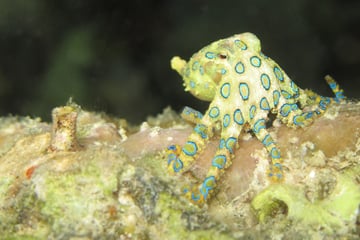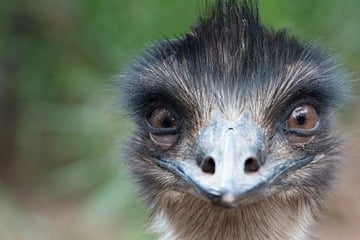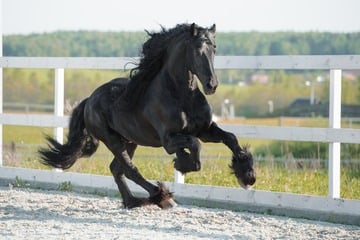Smallest bird in the world: The bee hummingbird
With a tiny set of wings, an itty beak, and a body so small that it's compared to your humble bumblebee, the smallest bird in the world is one well worth looking into. Luckily, we're on the case!
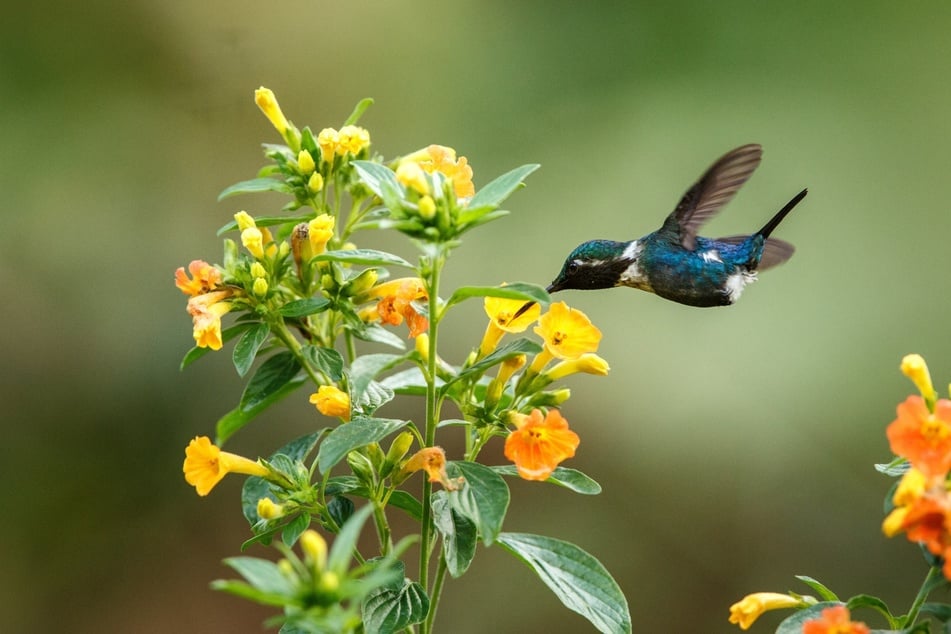
There's something extraordinary about an animal so small that you'd expect it to be an insect.
These small birds flutter around their homes, collecting food and chilling with their friends, and are truly tiny totters. But why are they so minuscule?
It's time to take a look at the animal world record holder for the smallest bird in the world. Why is the bee hummingbird considered the world's smallest bird, how big is it exactly, and what other birds compare to its tiny size?
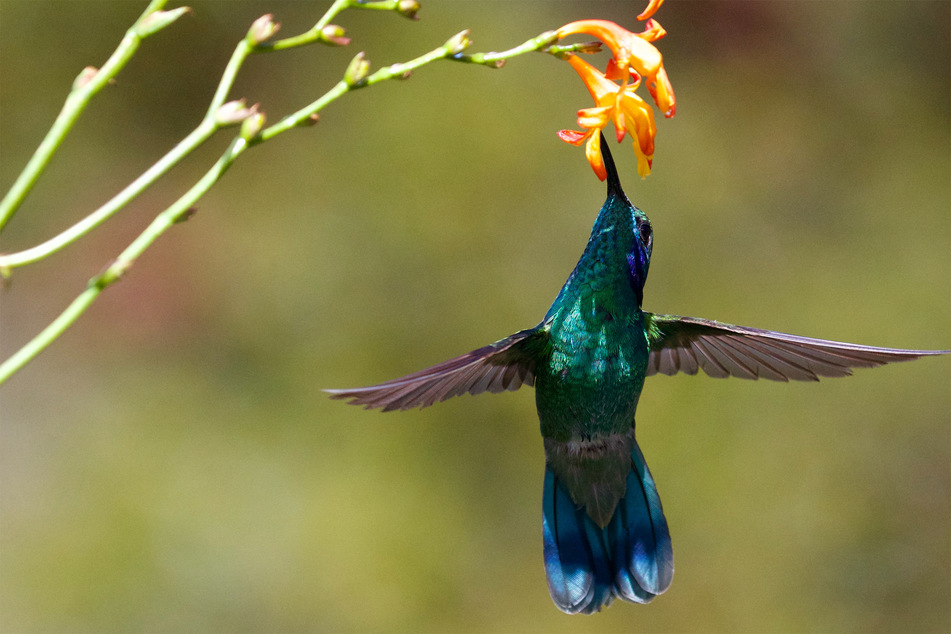
What is the smallest bird in the world?
The smallest bird in the world is the bee hummingbird (Mellisuga helenae), a species discovered in Cuba in 1844 and given its name due to it minuscule size. Considered spiritually significant by certain Indigenous groups, these tiny birds are unbelievably beautiful, with bright green and blue plumage and feathers that have an iridescent look to them.
Similar to the bee, which it obviously has been named after, these tiny birds actually play a part in the pollinating of Cuba. Feeding off the pollen of flowers, the bee hummingbird flies with a great deal of pollen on its wings and body, which then falls to the ground as they fly and pollinate other plants.
What's most remarkable, though, is that the bee hummingbird often seems to simply float in midair, largely on account of its wings being capable of flapping 80-200 times per second. This allows them to stay airborne while stationary, looking like they can float, and it also allows them to reach unbelievable speeds – in some cases between 25–30 miles per hour.
Sadly, the bee hummingbird has a conservation status of "Near Threatened," largely on account of human influences. It's a shame, because these birds are the smallest in the entire world and a true beauty to behold.
Bee hummingbird size and characteristics
From their beak to the tip of their tail, the bee hummingbird measures 2-2.5 inches in length. With blue-green coats, and often a red tinge on their head and throat (mainly featured on males), these little dudes are only found in the Cuban archipelago, and eat an almost exclusively flower-based diet. They have, however, been known to occasionally consume small insects and spiders.
Here are the key characteristics of the bee hummingbird:
- Scientific name: Mellisuga helenae
- Family: Hummingbirds (Trochilidae)
- Size: 2-2.5 inches
- Weight: 0.06 oz
- Diet: Nectar, small insects (e.g. spiders)
- Distribution: Regions of Cuba, including Ciénaga de Zapata, Guanahacabibes Peninsula, and Isla de la Juventud
- Habitat: Cuban wet forests
- Endangerment status: Near threatened (IUCN)
Interestingly, the bee hummingbird is often described as the "smallest dinosaur." This is on account of birds being living dinosaurs, and no smaller bird dinosaur having ever been discovered as a fossil.
What are some other small birds?
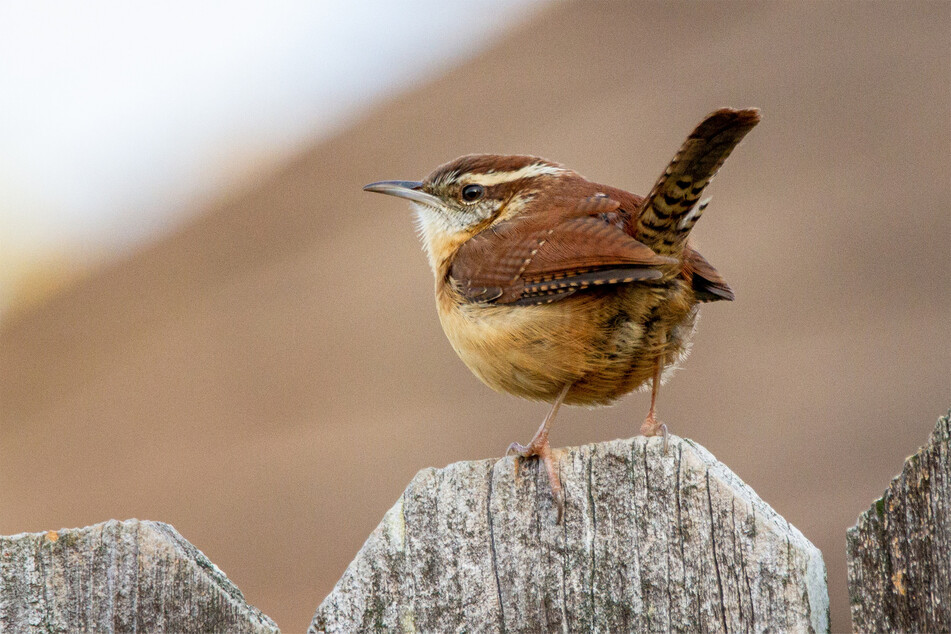
While the bee hummingbird is a particularly tiny tweeter, it's not alone in the field. Indeed, there are many other small birds out there, eager to take the world record but disappointed that it will likely never be theirs. What are these jealous little birds, and why are they so bitter towards the bee hummingbird?
Here are some of the other smallest birds in the world:
- Esmeraldas woodstar, 2.5-3 inches
- Cape penduline tit, 3-3.5 inches
- Common firecrest, 4–5 inches
- Weebill, 4–5 inches
- Goldcrest, 4–6 inches
There are many more small birds out there, flying upon the breeze, but none even come close to the pure tininess of the bee hummingbird.
The world's smallest bird is extraordinary
The bee hummingbird might be tiny, but it has one hell of a personality. While usually solitary creatures, these minuscule little tweeters put on some pretty extraordinary performances when they get excited. Indeed, when a male wants to impress a female, their remarkable swoops make their partners swoon.
Yet, sadly, female bee hummingbirds are not supported by the males who impress them so with those charming nights under the stars. Instead, the males leave the females hanging. A female bee hummingbird will find herself looking after the kids alone, building her tiny spider web-based nest with no one but her tiny tweeting children to keep her company.
While it's a hard life for the female bee hummingbird, she can rest easy knowing that the kids will only need to be looked after for around a month before she can get back out there and be her usual independent self.
Cover photo: 123RF/Jirihrebicek
